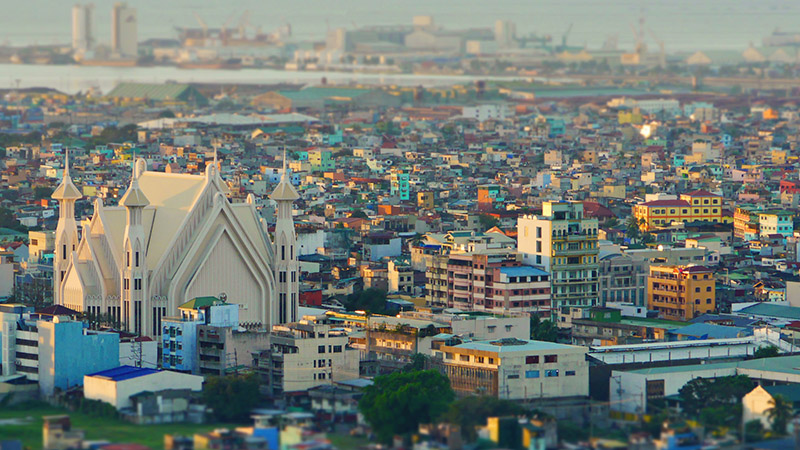Last week he said he would not honour the Paris climate agreement. Today Philippines president Rodrigo Duterte said global warming was a “top priority”.
The comments came during the annual state of the nation address to a joint session of Congress, Duterte’s first since assuming office at the start of July.
“Addressing climate change shall be a top priority but upon a fair and equitable equation. It should not stymie our industrialization,” he said.
“In the area of environment, the military is directed to intensify its support role against illegal logging, illegal mining,” he said in another part of the address.
“I have to protect the country… The interests of the country must come first.”
Weekly briefing: Sign up for your essential climate politics update
It represented a softening stance since a few days earlier, when Duterte said climate laws would “stifle” economic growth and promised to review policies proposed by the last government. Local green groups welcomed the shift.
“President Duterte’s prioritization of climate change strengthens our standing in the international community,” said Red Constantino, head of the Manila-based Institute for Climate and Sustainable Cities.
“The implications of the worsening climate to the lives of Filipinos and to the Philippine economy is undeniable.
“Economic progress is unattainable if the country has to deal annually with mounting losses in productivity, damage to infrastructure, damage to food crops and deaths due to the impacts of climate change.”
Report: Philippines’ Duterte asked to reconsider climate deal threat
Philippine greenhouse gas emissions are comparatively small, accounting for less than 1% of the global total.
Still, with a population of nearly 100 million demanding better access to energy, the government is under pressure to radically ramp up electricity supplies.
According to the Global Coal Plant Tracker, more than 50 coal power plants are in various stages of planning and construction across the country. They could run for decades.
Under the Paris deal, governments proposed their own climate targets, with developing countries promised financial support to green their energy systems and prepare for future extreme weather events.
